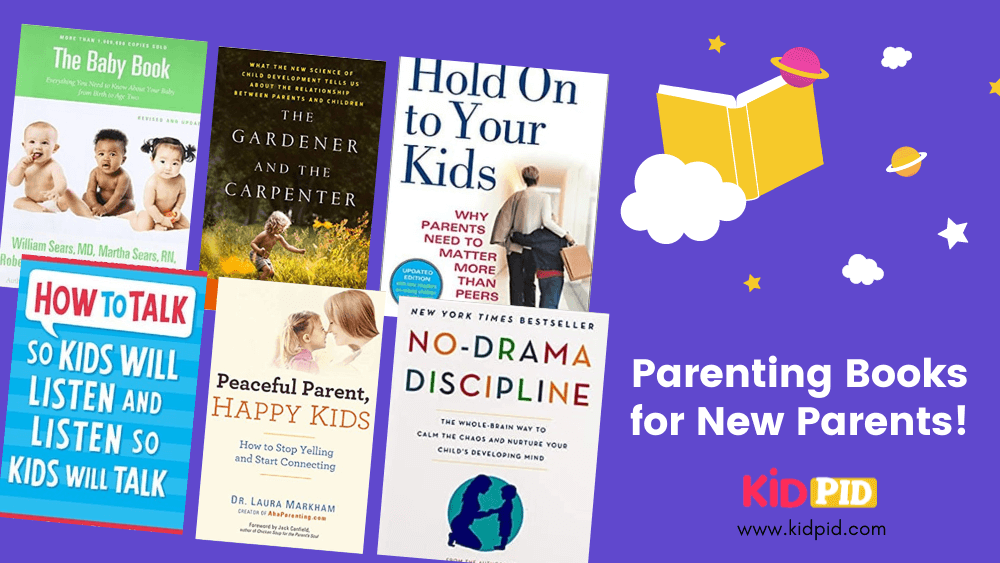How to Be a Good Mom?

It is normal for mothers to question if they are doing a good job as mothers. We frequently ask, “How do I be a good mom?” “Am I a good mother?” Every mother wonders if she is a good mother. It’s normal to be concerned about our children. And anytime one of them does anything wrong, we wonder whether we had anything to do with it. In those moments, we may ask, “Am I a good mother?”
Show affection frequently.
Spread a lot of love by giving hugs, kisses, and compliments. Your youngster is reminded of their unwavering love when they get affection. Additionally, it connects to improved academic achievement, fewer behavioral issues, increased self-esteem, and an all-around healthier bond between you and your child. Make sure most of your interactions with your kids are caring and good. Make an effort to be loving every day. If you have a baby, showing affection could mean holding them frequently or speaking soothingly.
Do not contrast yourself with other mothers.
Other mothers can be excellent at raising their children and handling domestic duties, but it doesn’t mean your efforts are subpar. You shouldn’t compare yourself to other mothers since every woman has a different approach to childrearing. Instead, be content and proud that you are doing your best to be a mother. Please don’t compare your worst days to what individuals present on social media or what they display on their best days since you have no idea what occurs behind closed doors.
Spend one-on-one time with your children.
Building good connections requires spending quality time together. If you have numerous kids, try to spend time with each one individually rather than in a group. Even little periods can deepen your relationship. Getting on the floor and playing with a baby or toddler may be a part of the one-on-one time if you’re working with them. Try engaging in a pastime with an older child, such as baking, hiking, or arts and crafts.
Self-care is important.
Women put forth a lot of effort to provide for their families. They may tend to overlook their physical and emotional health in the process. Do you frequently put others before yourself to the point where you become sick and feel let down? You should develop the habit of allowing yourself time to care for your physical and mental health. Keeping in mind that a healthy mother and a well-cared-for kid go hand in hand
Show your backing.
To make your youngster feel valuable, validate their hobbies. Nurturing your child’s hobbies may help them feel more secure in their own lives and increase their self-esteem, even if it’s not precisely what you’d select for yourself. Be ready to change your focus often because their interests may fluctuate. Give your adolescent some encouraging input about the music they create if they’ve joined a band. Purchase novels for your preteen if they are space nuts, or take them to the planetarium.
Take your time with your child.
No matter their age, dealing with children is difficult. You may have to put up with their curiosity about the world around them, but you must be patient. Their development might be hampered by yelling at them or handing out severe penalties. Instead, please try to convince them quietly that their acts were improper so they won’t do it again. It’s difficult, but it might be useful to remember that when they act out, they aren’t trying to be difficult to you; rather, they are having trouble controlling their emotions.
Love your kids no matter what.
Your kids will feel more assured in you and themselves as a result. Let your kids learn how much you still love them even if they misbehave or you need to reprimand them. Your responsibility as a parent is to accept your child for who they are, not for what you would like them to be. Avoid criticizing or assigning blame to your youngster for their errors. Instead, concentrate on how they can improve going forward.
Create memorable moments for your youngster.
It’s not the expensive presents or extravagant birthday celebrations that will make your youngster happy. Children may not comprehend the high price tag’s value, but they know how to enjoy themselves and find joy in the little things. So make an effort to create pleasant experiences that your child will cherish forever.
Do not take offense at your child’s inappropriate behavior.
Do not take offense if your youngster acts impolitely or contradicts you in conversation. Find out why they are acting the way they are instead. Every time a child’s conduct changes, there is a good explanation. Speak with them and look for the underlying issue causing their erratic conduct.
Specify hard, explicit guidelines.
Talk to your children about what is appropriate and what is not. Then, hold a family gathering to discuss the rules and ensure everyone knows the repercussions if they don’t follow them. After that, display a cheat sheet with the rules in a public location, such as in the refrigerator.
Put a positive spin on the regulations by making them plain and brief, such as “Everyone should stroll indoors” rather than “No running in the home!”You may have an open talk with your kids to decide on fair rules and penalties jointly, depending on their age. Once your child is ready to determine the consequences of misbehaving for themselves, you could try to implement this.
Acknowledge your errors.
You won’t be the ideal mother, and that’s good. You may demonstrate to your children that you value them as people by owning up to your errors and offering an apology. Admitting your misbehavior teaches your children that errors are not anything to be embarrassed by as long as they own up to it and work to make things right. As an illustration, if you mistakenly compare one child to another, admit it by stating, “I’d want to apologize to Jeff. I shouldn’t have compared you to your brother yesterday. Each of you is unique and has unique traits. Please grant me your forgiveness.”
Share the workload with your co-parent.
Good mothers avoid attempting to do everything alone. Ask your spouse or partner to help you out if you are co-parenting. Ask them to take on extra responsibilities if you’re feeling overburdened so you can take a break. Give them particular assignments if you want to avoid being sluggish. Perhaps this sounds like, “I haven’t slept well in days, sweetie. Would you mind putting the children to bed this evening so I can get some rest?”It’s acceptable if you don’t have a co-parent. Try to rely on your support networks, such as a trustworthy friend or relative, for assistance.
- Recognize your child’s uniqueness.
- Support their interests and abilities.
- Please don’t put them under excessive pressure.
- Tell them it’s acceptable to fail.
- Be an example of a good connection.






Responses